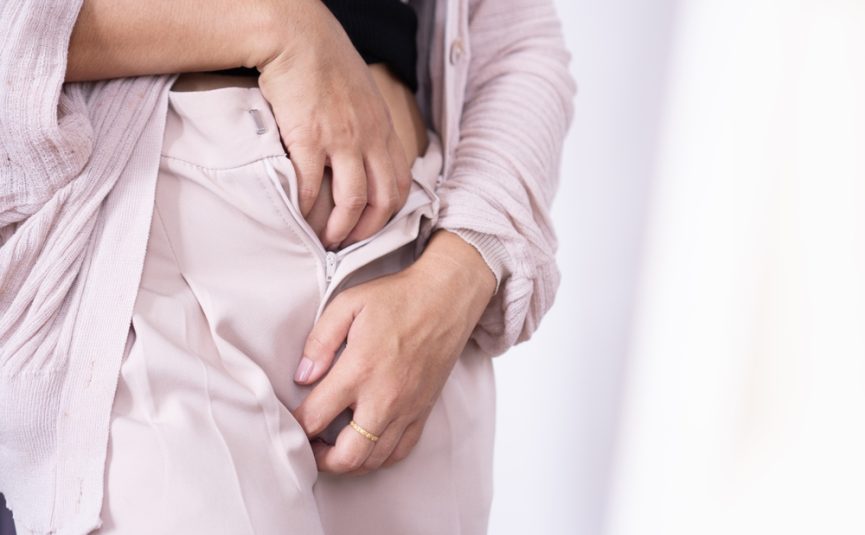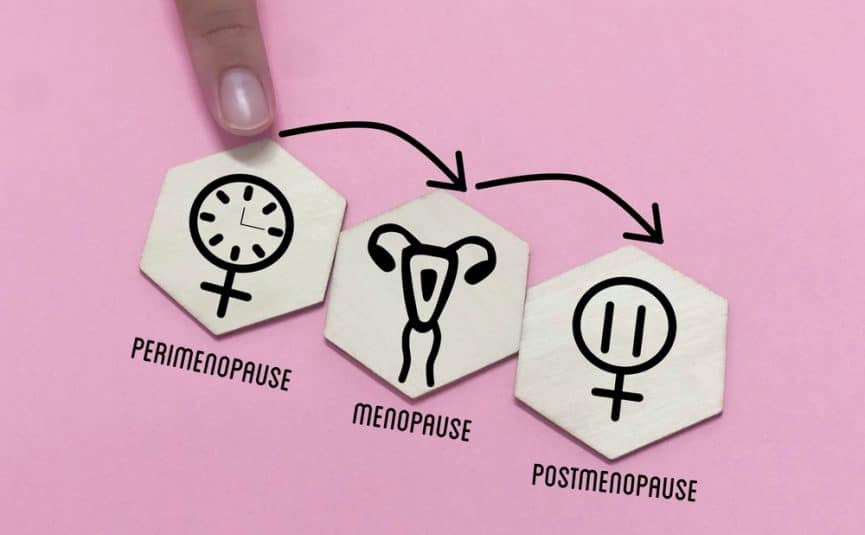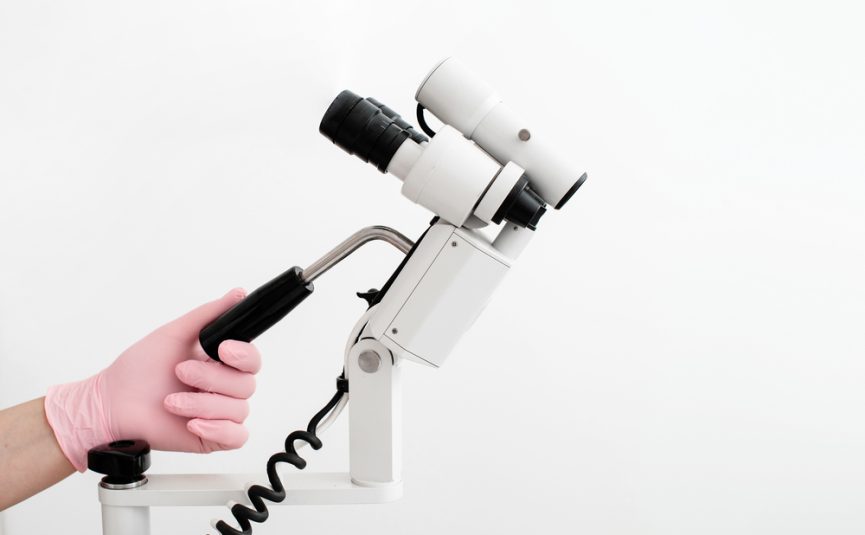East Melbourne VIC 3002

Vulval skin disorders like all skin disorders, are common. They can however, be difficult to diagnose as many conditions look similar to the naked eye. A multitude of vulval skin disorders all result in the possibility of dryness, inflammation, swelling of the skin, skin colour changes and symptoms. Although these conditions are common, they can have a significant impact on your quality of life because of the associated symptoms of itch, burning, pain and general irritation.
We investigate all vulval skin disorders that are symptomatic or visible using an instrument called a vulvoscope. A vulvoscope is a magnifying instrument that enlarges any visible skin problems or lesions. The operator can vary the magnification and look at specific areas of the skin, such as blood vessels, using a filter and can vary the field of view so the surrounding skin can also be examined. Obviously, the ability to magnify any area of concern increases the accuracy and diagnostic ability. With or without a biopsy under local anaesthetic, this process offers clarity, a clear diagnosis, guidance on treatment options, and reassurance for patients.
Associate Professor Len Kliman has been using this instrument for over 25 years. We have the most up-to-date technology.
With all patients, we respect their privacy and dignity, and all patients are covered with a blanket, and one of our specialised nurses is present to provide patient support and help with any procedures.
As mentioned above, a vulvoscope is a digital microscope that allows more careful assessment of any pathology or disorder and helps the operator to make an accurate diagnosis. The ability to magnify the area, to use filters to more accurately analyse certain aspects of any condition and its ability to give a crisp and accurate focus are essential to an accurate diagnosis.
We use a vulvoscope to look at skin conditions such as lichen sclerosus, lichen planus, lichen simplex chronicus (chronic spongiotic dermatitis), psoriasis, eczema and dermatitis.
Specific lesions such as precancerous lesions or very early signs of vulval malignancy, and assessment of pigmented lesions such as melanomas, are more accurate when you can magnify the lesion and focus it accurately.
In all cases, Associate Professor Kliman will explain why you need a vulvoscopy and how the procedure works. He will then show you the examination couch which was chosen because of its comfort and sensitivity with the use of a blanket. The whole procedure is gentle, painless and performed in its own consulting room always with a supportive member of our nursing staff present. The consultation and procedure takes approximately 30 minutes.
There are two reasons why a biopsy may be necessary. Firstly, if the diagnosis needs to be confirmed. Sometimes a number of different vulval skin disorders have the same appearance and to obtain a definitive diagnosis which is important for treatment, a small biopsy is taken under a local anaesthetic so the procedure is painless. The biopsy is only 1 mm in diameter and heals in a matter of days.
Similarly, a biopsy may be taken if we suspect a lesion may be a precancerous or cancerous lesion.
Because of its ability to magnify and show with greater accuracy vulval skin disorders and lesions, the procedure allows for greater diagnostic accuracy.
The presence of magnification allows precancerous and cancerous lesions to be diagnosed earlier. Sometimes different vulval skin disorders look very similar when viewed with the naked eye, but subtle variations are obvious on vulvoscopy. Many times, patients have had vulval skin disorders for months or years, and a diagnosis has never been accurately made. The use of vulvoscopy and biopsy allows a definitive diagnosis and therefore, allows for appropriate treatment, which is essential.
Associate Professor Len Kliman’s Approach To Vulvoscopy
Associate Professor Kliman has been performing these procedures for over 25 years and has extensive experience in the management of women’s health. He has had a long interest in vulval skin disorders and is a member of both the Australian (ANZVS) and International Associations for Vulval and Vaginal Skin Disorders (ISSVD) and attends their update meetings on a regular basis. Similarly, Associate Professor Kliman keeps up-to-date with the current literature and newest treatment options with respect to vulval skin disorders.
It is important to know that some skin disorders such as lichen sclerosus and lichen planus need regular follow-up and ongoing management.
In summary, we are committed to the diagnosis and appropriate treatment of all vulval skin disorders. The use of vulvoscopy and biopsy is important so a definitive diagnosis and appropriate treatment is always available for the patient.
We are committed to providing patient information, comfort and ongoing follow-up and support. The dignity and wellbeing of all our patients is our number one priority.










